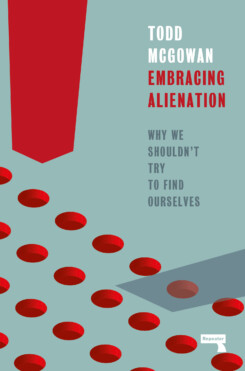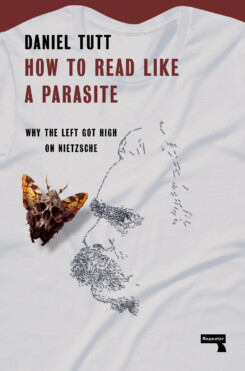£7.99
In Defence of Serendipity is a lively and buccaneering work of investigative philosophy, treating the origins of “serendipity, accident and sagacity”, both as riddles and philosophical concepts that can be put to a future political use.
Taking in Aristotle, LSD, Tony Blair and techno-mysticism, Olma challenges the prevailing faith in the benevolence of digital technology and the illegitimate equation of innovation and entrepreneurship, arguing instead that we must take responsibility for the care of society’s digital infrastructure, and prevent its degeneration into an apparatus of marketing and finance. For although there is nothing wrong with marketing and finance per se, if they alone lead technological development, free of any discretionary political interference, the freedom to be exploited will be as much a part of the future as our ability to intervene freely in our lives, will be a thing of the past.
Sebastian Olma is professor for autonomy in art and design at Avans University for Applied Sciences in Breda and Den Bosch, The Netherlands. He lives in Amsterdam.
“I was deeply moved by this melancholy work, which sums up a generation of hectic labor by so many of my innovative friends and colleagues. Yes, the Digital Revolution has eaten its young, as indeed most revolutions do. It went from movement, to business, to racket, and if you read Seb Olma, you’ll have an inkling of how and why that happened, and what must come next.”
“In this practice-driven and original essay Sebastian Olma successfully catapults dialectics into the heart of the brutal creative industry rhetoric. Good luck picking up the bits and pieces after the blast!”
“Sebastian Olma s timely meditation on the uses and abuses of serendipity sets out to free chance invention and accidental discovery from its corporate and state captivity in the creative industries. His defence of serendipity as a sagacity of resistance dedicated to an open future is made with a wit and lightness of spirit conspicuously absent in the lugubrious managerialist appropriations of the term. His erudite polemic convinces the reader that as Pasteur might now say chance favours the mind prepared to change.”




